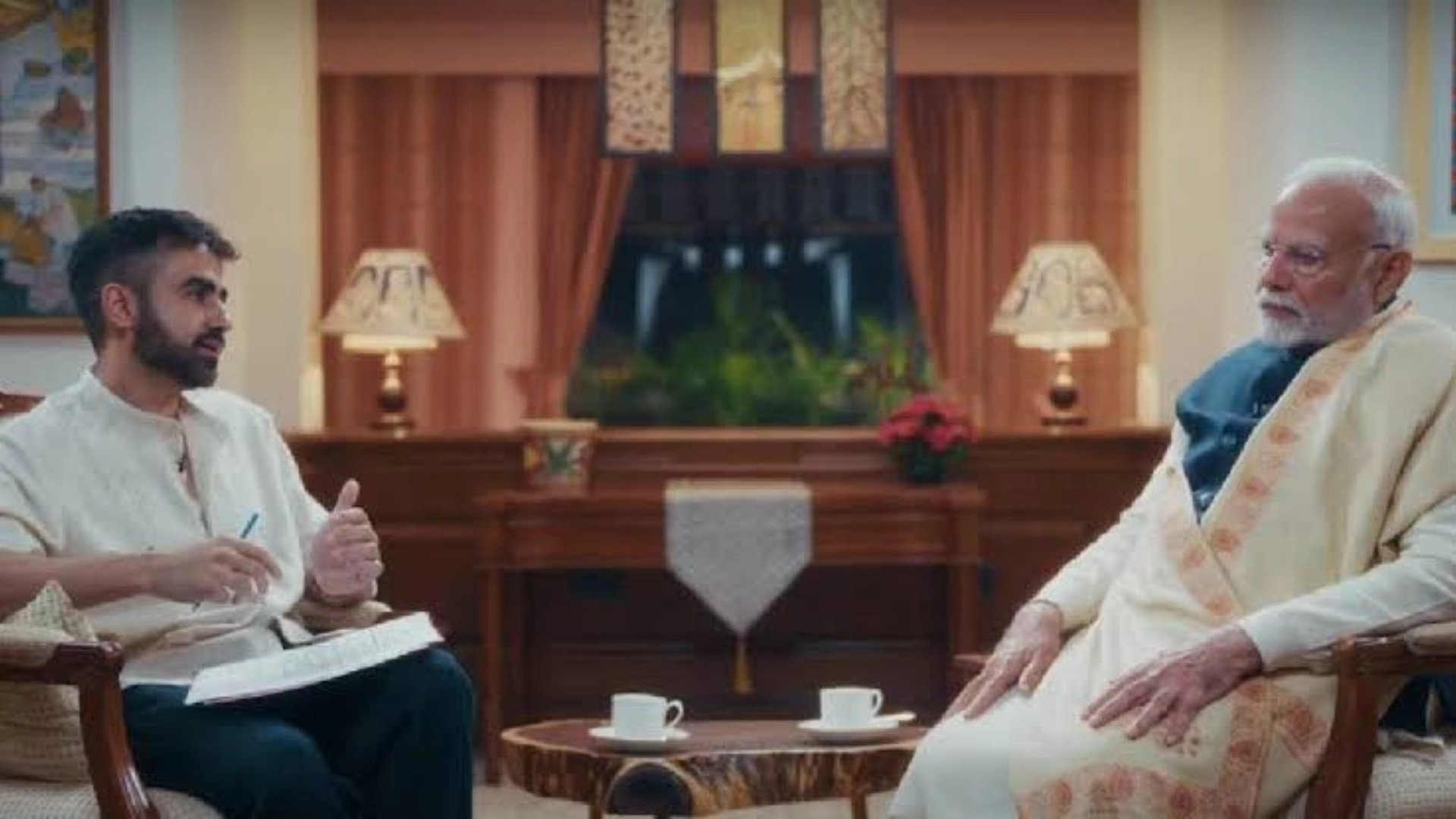The Supreme Court has directed the Central government to draft and implement a scheme for cashless medical treatment of motor accident victims during the crucial “golden hour.”
This term refers to the first 60 minutes following a traumatic injury when immediate medical intervention is critical to saving lives. The Court underscored the importance of timely care, warning that delays during this period often result in unnecessary fatalities.
A Bench of Justices Abhay S. Oka and Augustine George Masih cited Section 162 of the Motor Vehicles Act, which mandates the government to establish a cashless treatment framework for accident victims. The Bench noted, “It is a statutory obligation of the Central Government to frame the scheme. More than reasonable time was available to the Central Government to frame the scheme under Sub-Section (2) of Section 162. Once the scheme is framed and its implementation starts, it will save the lives of several injured persons who succumb to injury simply because they do not receive requisite medical treatment during the golden hour.”
Setting a final deadline of March 14, the Court made it clear that no further extensions would be entertained. The directive aims to ensure that accident victims receive urgent care without delays caused by administrative or financial concerns. The Court observed that hospitals frequently wait for police verification or financial assurance before initiating treatment, leading to critical delays. Section 162 of the Act requires general insurance companies to cover medical expenses incurred during the golden hour as per the government’s scheme.
In response, the Centre presented a draft concept note proposing a treatment cap of ₹1.5 lakh and coverage for up to seven days. However, an applicant in the case argued that these measures were inadequate to address the actual needs of severely injured patients. Agreeing with this concern, the Court stated, “We find that these two concerns must be addressed while framing the scheme. The scheme must be such that it serves the object of saving lives by providing immediate medical treatment in the golden hour.”
The Bench further expressed dissatisfaction over the delay in implementing Section 164-B of the Motor Vehicles Act, which mandates the creation of a motor vehicle accident fund. Despite being enacted in April 2022, this provision remains non-operational. The Court emphasized that without this fund, the golden hour scheme would be ineffective.
This ruling underscores the judiciary’s urgency in compelling the government to expedite policy measures aimed at improving emergency medical care for road accident victims. Timely implementation of these measures is expected to significantly reduce preventable fatalities and improve road safety outcomes.
Read More: ‘Distressed’ President Murmu Condoles Loss of Lives in Tirupati Stampede



















